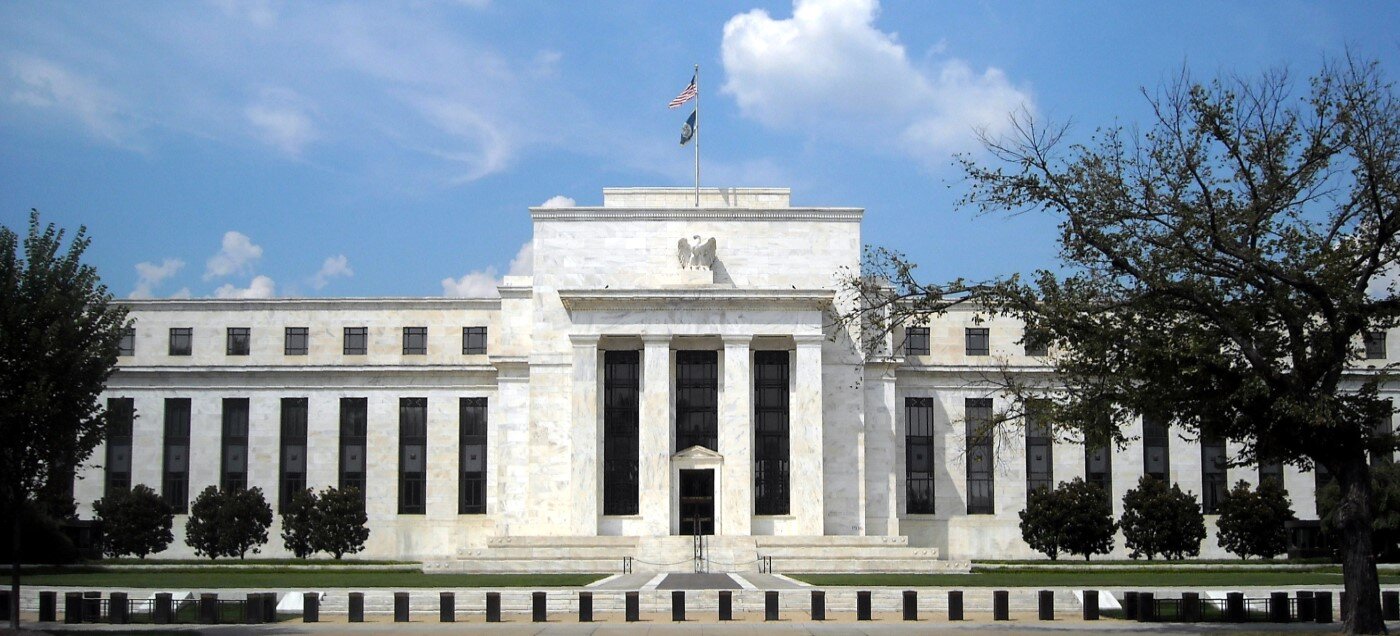Residential Real Estate News

U.S. Housing Industry Reacts to the Federal Reserve's Late 2024 Rate Cut
Residential News » Washington D.C. Edition | By Michael Gerrity | December 19, 2024 7:43 AM ET
This week, the Federal Reserve reduced its key interest rate by a quarter percentage point, marking the third consecutive cut and signaling a cautious outlook for future reductions.
As widely expected by markets, the Federal Open Market Committee (FOMC) lowered the overnight borrowing rate to a target range of 4.25%-4.5%. This brings the rate back to its December 2022 level when it was on an upward trajectory.
While the decision itself was unsurprising, the key focus was on the Fed's guidance regarding future policy. With inflation remaining above target and economic growth relatively strong--conditions typically inconsistent with rate cuts--the central bank's tone attracted significant attention.

The Mortgage Bankers Association's chief economist Mike Fratantoni said, "The FOMC cut its rate target by another 25 basis points as the market had anticipated. However, while the cut was expected, and the statement was little changed, FOMC members' projections regarding the future path for the federal funds rate moved up in the near term, and for their expectations for the longer-term neutral rate. The median member now expects that there will only be 2 cuts in 2025 and that the federal funds target will be 3% in the long run. MBA forecasts that the federal funds rate will only drop to 3.75% this cycle.
"The projections also showed somewhat faster growth and somewhat higher inflation in the near term relative to the projections in September.
"While the unemployment rate has increased over the past year, and inflation has trended down, in recent months, inflation has plateaued. It was not surprising to see a dissent at this meeting, with one member voting to keep rates steady.
"Expectations that the Fed will cut rates less than had been anticipated have been priced into the market in the form of higher 10-year Treasury and higher mortgage rates in recent weeks. MBA's forecast for mortgage rates moved up after the election, anticipating this change and recognizing the market's reaction to the likely path for fiscal policy and the deficit. MBA is forecasting that mortgage rates will average close to 6.5% over the next few years, with significant volatility around that average."

The National Association of Realtors chief economist Lawrence Yun also commented, "Despite the cuts to the short-term interest rates by the Federal Reserve, mortgage rates have largely refused to budge. One reason is that consumer price inflation has not been fully contained and slightly accelerated in the past two months. Lending money over the longer term needs to compensate for future returned money's loss of purchasing power. More Fed-rate cuts are likely in 2025 because consumer prices should calm down measurably."
Yun continued, "Though multifamily housing starts tumbled this year, the completions of new apartments are still strongly rolling in from the previous year's high housing starts. The added supply will help cool rents. Therefore, the gap with the mortgage rates will not remain wide, which means mortgage rates will modestly trend lower. Given that mortgage rates have stayed above 6% for more than two years, consumers are getting used to the new normal, especially considering that the 50-year average is 7.7%. Jobs and inventory will drive home sales."
Sign Up Free | The WPJ Weekly Newsletter
Relevant real estate news.
Actionable market intelligence.
Right to your inbox every week.
Real Estate Listings Showcase
Related News Stories
Residential Real Estate Headlines
- Las Vegas Area Home Prices Uptick 4.3 Percent Annually in March
- Single-Family Rent Growth in U.S. Trends Upward in 2025
- U.S. Mortgage Rates Tick Down Post Trump Tariffs Commencement
- President Trump's 'Liberation Day' Tariffs Potential Impact on the U.S. Housing and Mortgage Markets
- Baby Boomers Biggest Cohort of U.S. Home Buyers in 2025 as Millennials Decline
- U.S. Monthly Housing Payments Hit Record High in 2025
- U.S. Pending Home Sales Uptick in February
- Global Prime Residential Rent Slowdown Continued in Late 2024
- Ireland Home Price Inflation Hits 8 Year High in Early 2025
- Existing Home Sales in America Uptick in February
- Great Miami Area Residential Sales Decline 15 Percent Annually in February
- Mortgage Rates Uptick in Mid-March, Ending 9-Week Decline in U.S.
- World Property Ventures Builds the Future of Real Estate with New Funding Round
- U.S. Builder Sentiment Declines Amid Economic Uncertainty and Rising Costs
- Black Homeownership Rates in U.S. Enjoy Largest Annual Increase of All Racial Groups
- Wealthy Renters Are Taking Over More of the U.S. Rental Market
- If U.S. Congress Does Not Extend NFIP Soon, Thousands of Daily Home Closings Impacted
- U.S. Mortgage Applications Spike 11 Percent in Early March
- Greater Palm Beach Area Residential Sales Rise in Early 2025
- New Apartments in U.S. Are Leasing at Slowest Pace on Record
- U.S. Mortgage Rates Drop to 4 Month Low in March
- Overall U.S. Mortgage Delinquency Rates Dip in December
- New Tariffs on Canada, Mexico to Impact U.S. Homebuilder Input Costs
- Monaco's Property Market: A Tale of Two Cities
- U.S. Home Purchase Cancellations Surge, 1 in 7 Sales Getting Canceled
- U.S. Pending Home Sales Hit Historic Low in Early 2025
- Greater Miami Area Residential Sales Dip in January
- Governor DeSantis Supports Ending Property Taxes in Florida
- WPV Aims to Become the Berkshire Hathaway of Real Estate Tech
- U.S. Home Sales Slump Continues in January
- Average Americans Spend 38 Percent of Monthly Income on Mortgage Payments
- Switzerland's Safe-Haven Appeal Grows with World's Wealthy Homebuyers
- U.S. Builder Confidence Rapidly Declines in February
- Las Vegas Home Sales Rise 6.7 Percent Annually in January, Condo Sales Dip
- Homebuyer Demand in America Drops to 5-Year Low in Early 2025
- Ownership More Affordable Than Renting in Most U.S. Markets
- The World's First Global Listings Service Launches, Called a GLS
- Home Prices Continue to Rise in 89 Percent of U.S. Metros in Late 2024
- Global Luxury Residential Prices Showed Gradual Improvement in Late 2024
- U.S. Construction Hiring Rate Drops to Lowest Levels in 5 Years





